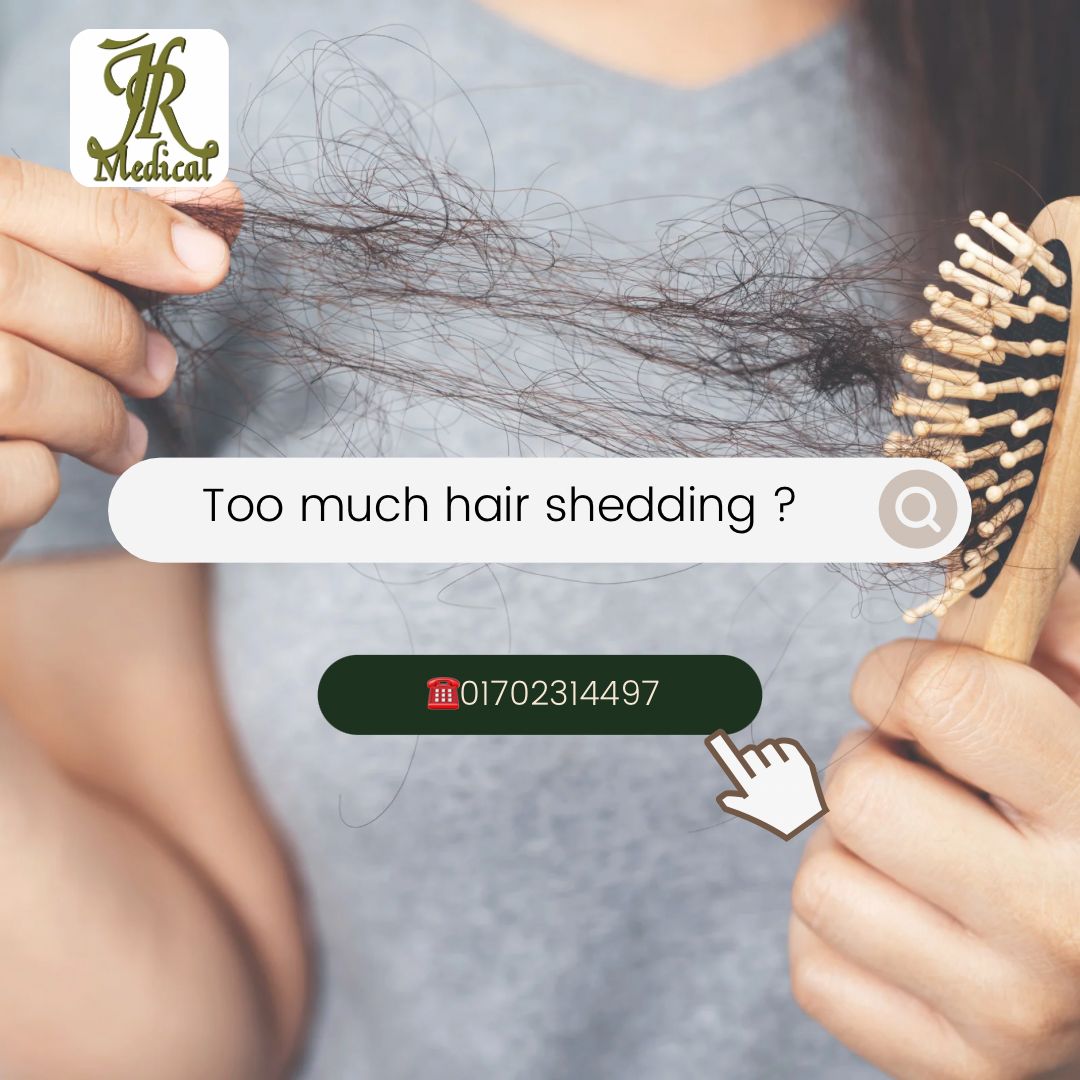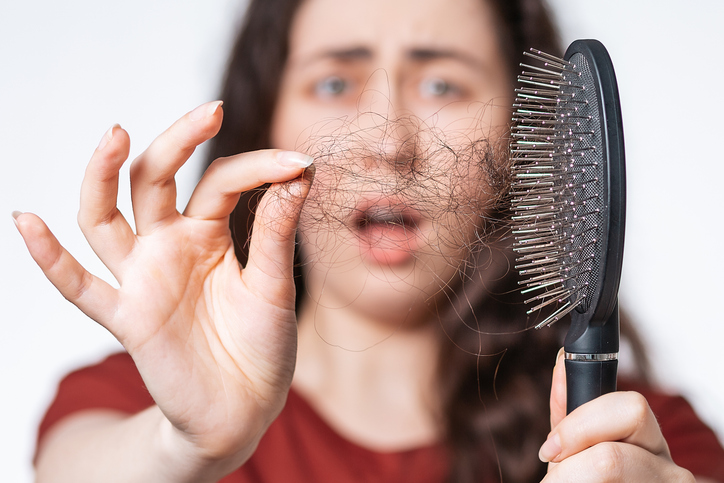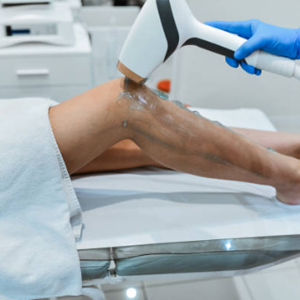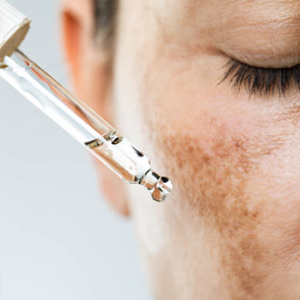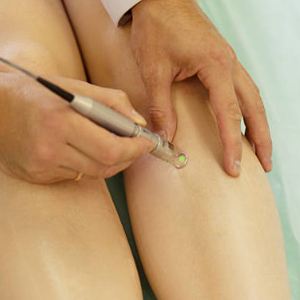What are the major causes of hair loss ?
Hair loss, medically known as alopecia, can result from various factors that fall into four broad categories: genetic, hormonal, medical, and environmental influences.
Genetic Factors: Androgenetic Alopecia, or male and female pattern baldness, is the most common hereditary cause of hair loss. This condition typically causes gradual hair thinning, often starting at the temples or crown of the scalp.
Hormonal Changes: Hormonal fluctuations from pregnancy, menopause, or thyroid disorders can lead to hair thinning. Androgens, male hormones found in both men and women, can disrupt the hair growth cycle and contribute to hair loss.
Medical Conditions: Alopecia areata (an autoimmune disorder), scarring alopecias, and certain dermatological diseases can cause hair loss. Additionally, underlying health issues like iron deficiency anemia or thyroid dysfunction can worsen hair thinning.
Environmental Factors: External factors, such as stress, poor nutrition, and exposure to harsh chemicals or treatments, can harm hair health. Traction alopecia, caused by tight hairstyles that create prolonged tension on hair follicles, is another common cause of hair loss.
Enquire now
What are types of Hair Loss ?
What are effects of Hair Loss ?
- The psychological effects of hair thinning or hair loss (alopecia) and the visible “scalp starting to show” can lead to low self-esteem and have a depressive impact on both genders. Since hair thinning is typically permanent, many people feel devastated as their hair doesn’t grow back. However, the field of medical aesthetics has not ignored this concern. Thanks to recent developments, we can now confidently state that many cases of hair loss and thinning can not only be stopped but also reversed.
What deficiency cause hair fall ?
Can a lost hair grow back ?
Hair Transplant
- The fundamental principle of hair transplantation is that hair follicles, when transplanted from one part of the body to another, will continue to grow as if they had never been relocated from their original donor area.
- There was a time in the past when undergoing a hair transplant would be the only answer to hair loss, but this is no longer the case! Even those who have had a hair transplant will know that they would need to have prescribed hair loss treatments in order to help the transplanted hair remain for longer.
What is the best thing for hair loss ?
Dermaroller for Hair Loss
- If you are experiencing thinning hair, baldness or alopecia, thicker hair can be achieved by using dermaroller. The dermaroller works by creating temporary “channels” in the skin, during which hair loss medication is typically applied.
Carboxytherapy for Hair Loss
- Carboxytherapy is used as a treatment for hair loss. It works by improving the circulation of blood at the site of injection by forcing red blood cells to release oxygen and pick up C02, which is then eliminated by the body.
Platelet-Rich Plasma (PRP) Therapy for Hair Loss
what damages hair the most ?
Excessive heat styling, harsh chemical treatments, overuse of hair dyes, and prolonged sun exposure cause the most damage to hair. Additionally, tight hairstyles and poor hair care routines weaken hair, making it more prone to breakage and split ends.
At what age does hair not grow back ?
what does hair loss from stress look like ?
Stress often causes hair loss in the form of excessive shedding, known as telogen effluvium. You may notice your hair thinning or see clumps fall out while brushing or washing. Typically, this shedding occurs in a diffuse pattern across the scalp.
what blood test is done for hair loss ?
A blood test for hair loss typically examines iron levels, thyroid function, vitamin deficiencies, and hormone imbalances. At JR Medical, we collect your blood sample and have our doctor review the results with you. Additionally, we offer DNA testing to identify the best products tailored to your specific needs.
